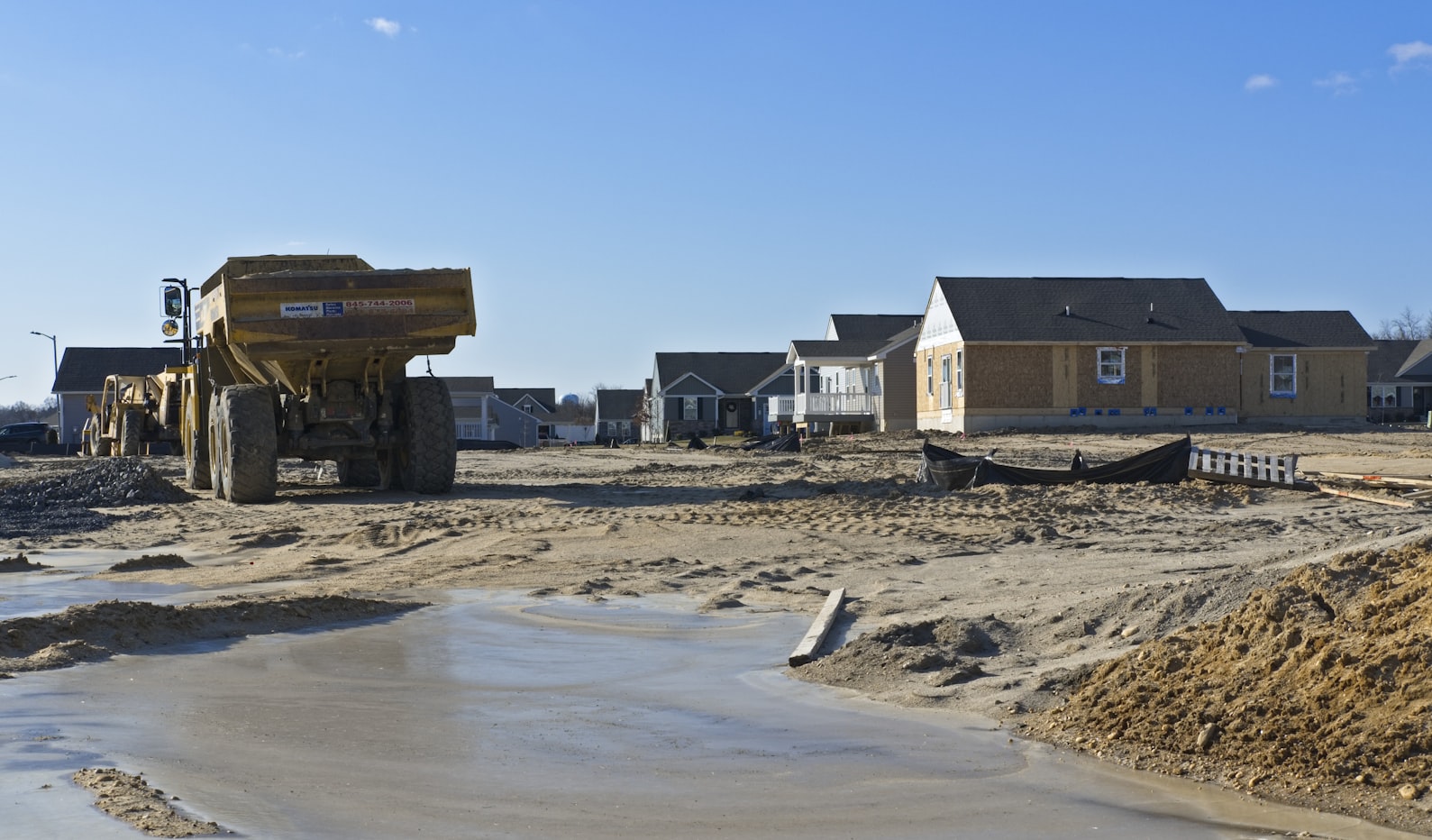Table of Contents
How Much Does It Cost To Move A Manufactured Home
When it comes to moving a manufactured home, there are several factors that can influence the cost. Whether you are relocating your home to a new plot of land or transporting it to a different state, understanding the expenses involved is crucial for effective planning. In this article, we will explore the various factors that contribute to the cost of moving a manufactured home and provide valuable insights to help you make informed decisions.
Factors Affecting the Cost of Moving a Manufactured Home
Moving a manufactured home involves more than just hitching it to a truck and driving away. Several factors come into play when determining the cost of the move. Let’s take a closer look at these factors:
Distance
The distance between the current location of your manufactured home and its new destination is a significant factor in determining the cost. Longer distances require more fuel, time, and resources, which can increase the overall cost of the move. Additionally, moving a home across state lines may involve additional permits and fees.
Size and Weight
The size and weight of your manufactured home also impact the cost of the move. Larger and heavier homes require specialized equipment and more manpower to transport safely. The dimensions of the home, including its width, height, and length, will determine the type of equipment needed and the complexity of the move.
Foundation and Setup
Before moving a manufactured home, it is essential to consider the foundation and setup requirements at the new location. If the new site does not have an existing foundation or utilities, additional costs may be incurred for preparing the land and connecting the home to necessary services such as water, electricity, and sewage. These costs should be factored into the overall moving budget.
Permits and Regulations
Moving a manufactured home involves complying with various permits and regulations. Each state and local jurisdiction has its own set of rules regarding the transportation of manufactured homes. These regulations may include obtaining permits, adhering to specific routes, and meeting safety requirements. Failure to comply with these regulations can result in fines and delays, so it is crucial to research and understand the requirements beforehand.
Additional Services
Depending on your specific needs, you may require additional services during the move. These services can include disassembling and reassembling the home, disconnecting and reconnecting utilities, and hiring professional movers to handle the transportation. Each additional service will add to the overall cost, so it is important to consider your requirements and budget accordingly.
Case Study: Moving a Manufactured Home Across State Lines
To provide a better understanding of the costs involved in moving a manufactured home, let’s consider a case study of moving a home across state lines.
John and Sarah decided to relocate their manufactured home from California to Texas. Their home was a double-wide with dimensions of 28 feet by 60 feet. The distance between the two states was approximately 1,500 miles.
After researching various moving companies and obtaining quotes, John and Sarah found that the average cost of moving their home would be around $10,000. This cost included disassembling the home, transporting it to Texas, and reassembling it on a new foundation. Additionally, they had to factor in the cost of permits, utility connections, and any additional services required.
By carefully planning their move and considering all the factors involved, John and Sarah were able to budget effectively and ensure a smooth transition for their manufactured home.
FAQs
1. Can I move my manufactured home by myself?
Moving a manufactured home requires specialized equipment and expertise. It is recommended to hire professional movers who have experience in transporting manufactured homes to ensure a safe and efficient move.
2. How long does it take to move a manufactured home?
The duration of the move depends on various factors such as the distance, size of the home, and any additional services required. On average, it can take anywhere from a few days to a few weeks to complete the move.
3. Are there any hidden costs associated with moving a manufactured home?
While most reputable moving companies provide transparent quotes, it is essential to clarify all the costs involved before finalizing the move. This includes permits, utility connections, and any additional services required.
4. Can I move my manufactured home to a different state?
Moving a manufactured home to a different state is possible but may involve additional permits, regulations, and fees. It is important to research and understand the requirements of the destination state before planning the move.
5. Can I negotiate the cost of moving a manufactured home?
Yes, it is possible to negotiate the cost of moving a manufactured home. Obtaining multiple quotes from different moving companies and discussing your specific requirements can help you negotiate a fair price.
6. Are there any financing options available for moving a manufactured home?
Some moving companies offer financing options to help homeowners cover the cost of moving their manufactured homes. It is advisable to inquire about financing options during the quote process.
Summary
Moving a manufactured home involves various factors that contribute to the overall cost. These factors include the distance of the move, size and weight of the home, foundation and setup requirements, permits and regulations, and any additional services needed. By considering these factors and conducting thorough research, homeowners can effectively plan and budget for the move. Hiring professional movers with experience in transporting manufactured homes is recommended to ensure a safe and efficient relocation. By understanding the costs involved and seeking clarification on any hidden expenses, homeowners can make informed decisions and ensure a successful move for their manufactured home.


